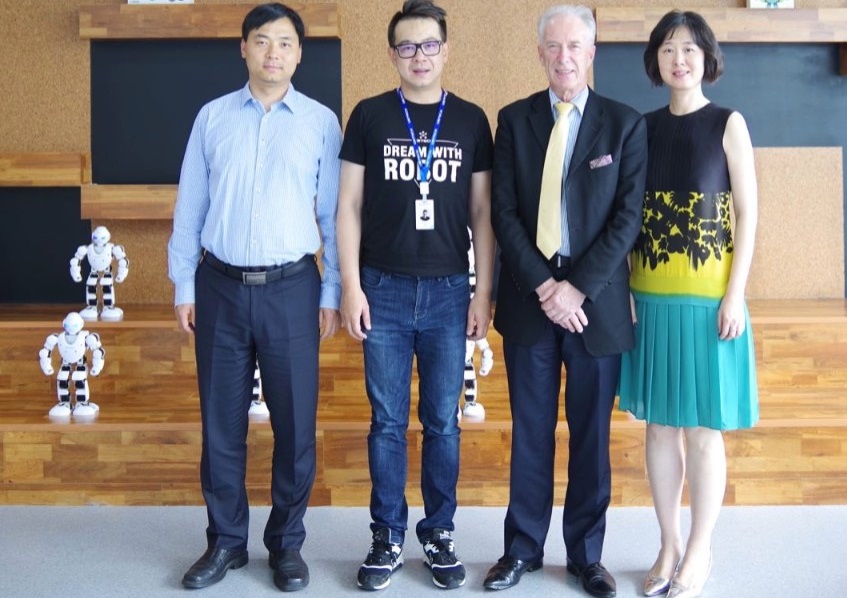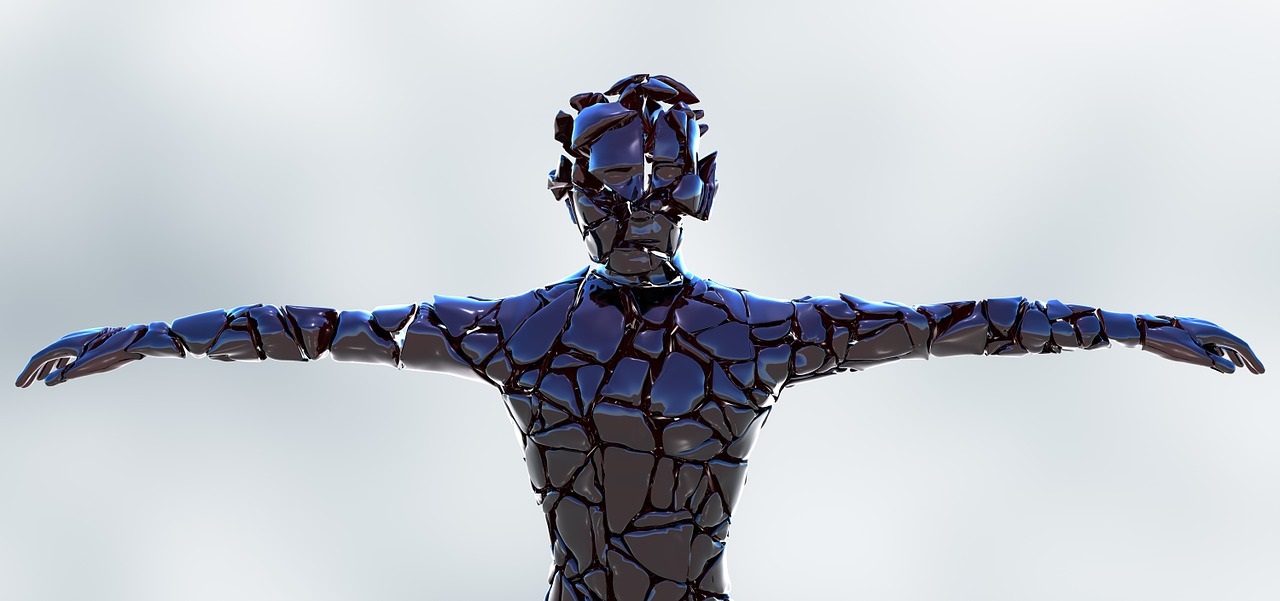The University of Sydney has partnered with a world-leading Chinese robotics company to “revolutionise” research into artificial intelligence.
The collaboration with UBTECH Robotics will see the creation of a new research centre at the university which will “bring together a multidisciplinary team of researchers dedicated to undertaking innovative research to solve major problems in AI”.
The centre will be led by Professor Dacheng Tao, who says it will specifically focus on addressing the many challenges associated with intelligent machines like robots, self-driving cars and drones.
“As humans, our perceptions of our environments allow us to understand events, make logical deductions and learn how to behave in certain situations,” said Tao.
“We expect that one day in the not-too-distant future machines will be able to do these same things, just like us - or possibly even better. With this vision, the UBTECH Sydney Artificial Intelligence Centre will drive progress in AI to endow machines with the capabilities to perceive, learn, reason and behave.”
Access to UBTECH’s bleeding edge technology will help the centre stand out from the pack, Tao said.

L-R: Professor Dacheng Tao, UBTECH Robotics Founder and CEO James Zhou, Dean of the Faculty of Engineering and Information Technologies Professor Archie Johnston and University of Sydney Director of China Development Christine Yip
“UBTECH is the first company in China dedicated to commercialising intelligent humanoid robots that interact with and help ordinary people,” he said.
“By utilising UBTECH’s state-of-the-art technology and outstanding creativity, we will be able to thoroughly develop, analyse and evaluate AI algorithms and theories for humanoid robots, which will bridge the gap between AI studies in universities and real-world AI utilisation.
“There are a number of research groups in Australia focusing on either AI or humanoid robotics, but our unique advantage is the marriage between these two fields.”
A primary goal of the new centre will be to bridge the gap between the research into AI that is completed at universities and the real-world utilisation of AI technologies, and to further explore the various opportunities on offer.
“We’re working towards a future where humanoid robots walk out of our research centre and into ordinary people’s households,” said Tao.
The issues the centre will be working on are large-scale and global problems in AI and robotics, UBTECH Robotics founder and CEO James Zhou said.
“We are excited to work with Professor Tao and the researchers at the University of Sydney, who are already doing cutting-edge work in the field of AI,” said Zhou.
“Our collaboration has the potential to revolutionise the research of intelligent humanoid robots and have a very real impact on how people live, learn and communicate.”









